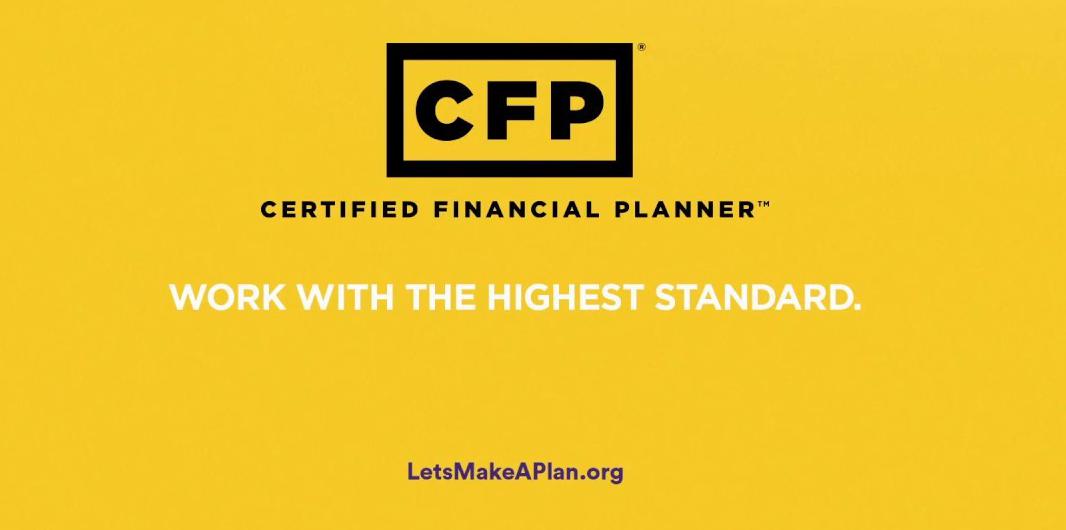
Certified Financial Planner (CFP) Your Trusted Financial Advisor
A Certified Financial Planner (CFP) is a professional who has met rigorous education, examination, and experience requirements to provide comprehensive financial planning services. They are committed to acting in the best interests of their clients and are held to high ethical standards.
What Does a CFP Do?
CFPs offer a wide range of financial planning services, including:
- Needs Analysis: They assess your financial situation, goals, and risk tolerance to develop a personalized financial plan.
- Investment Planning: They help you select appropriate investments based on your risk tolerance and time horizon.
- Retirement Planning: They assist you in planning for your retirement by estimating your future income and expenses and recommending suitable retirement savings strategies.
- Tax Planning: They help you minimize your tax liability by identifying tax deductions, credits, and strategies.
- Estate Planning: They assist you in creating a plan for the distribution of your assets after your death, including wills, trusts, and other estate planning documents.
Why Choose a CFP?
- Fiduciary Duty: CFPs are fiduciaries, meaning they are legally obligated to act in your best interest.
- Comprehensive Knowledge: They have a deep understanding of various financial topics, including investments, insurance, taxation, and estate planning.
- Ethical Standards: CFPs adhere to a strict code of ethics, ensuring they provide unbiased and professional advice.
- Personalized Service: They can develop a customized financial plan that meets your specific needs and goals.
- Ongoing Support: CFPs can provide ongoing support and guidance as your financial situation changes.
How to Find a CFP
- Referral Networks: Ask friends, family, or colleagues for recommendations.
- Professional Organizations: Check with organizations such as the Certified Financial Planner Board of Standards (CFP Board) for a list of CFPs in your area.
- Online Directories: Many online directories list financial advisors, including those with CFP credentials.
- Interviews: Interview potential CFPs to assess their qualifications, experience, and compatibility with your needs.
When choosing a CFP, it’s important to consider their experience, fees, and investment philosophy. By working with a CFP, you can increase your chances of achieving your financial goals and building a secure future.

